As seniors grow older, they often face challenges such as memory decline or reduced mobility, which can increase the risk of wandering or becoming disoriented. GPS tracking devices offer a reliable solution by allowing family members and caregivers to monitor a loved one’s location in real time. These devices enhance safety while respecting a senior’s independence, providing peace of mind without the need for constant supervision.
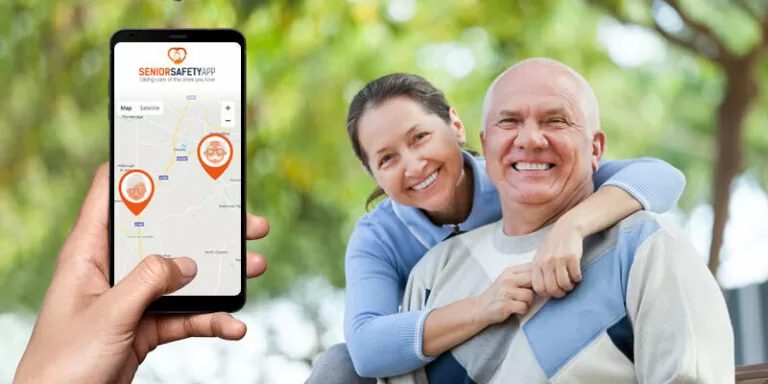
In addition to tracking technologies, the role of robotics in elderly care and assistance is becoming increasingly significant. Robotic devices are now being designed to support seniors with daily tasks such as mobility aid, medication reminders, and even lifting or transferring assistance. By working alongside GPS trackers and other smart technologies, robotics contribute to a more holistic approach to elderly care—addressing both safety concerns and physical support needs to improve quality of life.
1. Preventing Wandering and Getting Lost
Wandering is a significant safety concern for seniors living with dementia or Alzheimer’s. GPS tracking devices such as AngelSense and the Jiobit Smart Tag offer real-time location monitoring, enabling caregivers to quickly locate a senior who has become disoriented or lost. Many of these devices also include geofencing features that send instant alerts if the wearer exits a pre-set safe zone, offering an added layer of protection and reassurance for families.
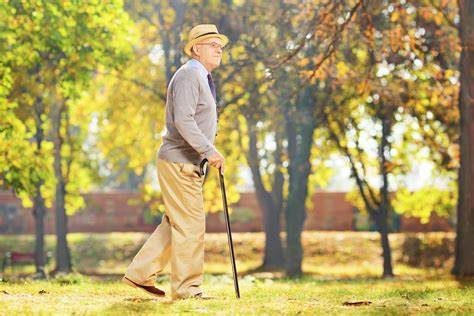
Alongside wearable trackers, the best easy-to-use smartphones for seniors serve as another valuable tool for safety and communication. These phones are designed with simplified interfaces, large buttons, voice command capabilities, and emergency call features—making them accessible even to users with cognitive or physical limitations. When paired with GPS technology, these user-friendly smartphones help seniors stay connected and safe, while giving caregivers additional ways to support their loved ones.
2. Emergency Alerts and Fall Detection
Modern GPS trackers often come equipped with emergency SOS buttons that seniors can press to request immediate assistance. Devices like the MobileHelp GPS Smartwatch go a step further by including advanced features such as fall detection, which can automatically alert caregivers or emergency services in the event of an accident. These technologies offer critical support, ensuring that help is available even when a senior is unable to call for it directly.
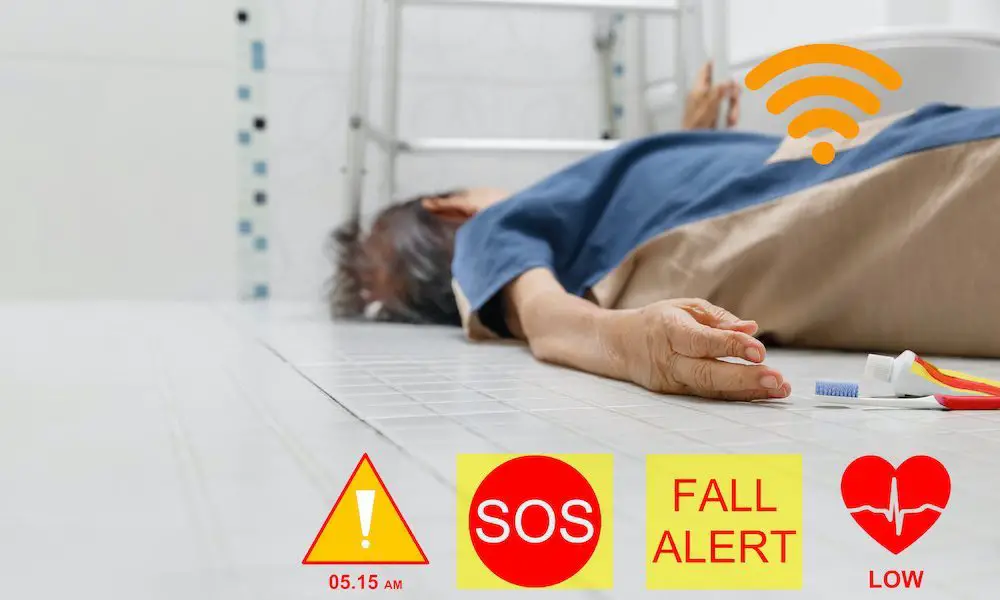
Beyond safety, virtual reality is helping seniors stay active and engaged by offering immersive experiences that encourage both mental and physical stimulation. VR programs can guide seniors through low-impact exercises, provide virtual travel adventures, or simulate social activities—helping combat isolation and inactivity. When combined with safety tools like GPS trackers, virtual reality contributes to a more enriched and well-rounded lifestyle for older adults.
3. Encouraging Independent Living
GPS-enabled devices empower seniors to retain their independence while giving families peace of mind that assistance is always accessible. Wearable trackers like the Apple Watch, which combine built-in GPS with health monitoring features, allow older adults to enjoy walks or outdoor activities confidently, without the constant fear of becoming lost. These tools offer both freedom and safety, creating a balance between autonomy and care.
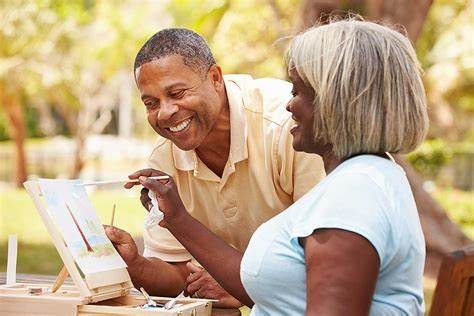
At the same time, the future of telemedicine holds significant benefits for older adults, especially when integrated with GPS and wearable technologies. Through remote consultations and real-time health data sharing, seniors can receive timely medical advice without needing to leave their homes. This approach reduces the need for frequent in-person visits, lowers healthcare costs, and ensures consistent monitoring—making care more convenient, accessible, and personalized for aging populations.
4. Caregiver-Friendly Tracking Apps
Most GPS tracking devices come with mobile apps that caregivers can use to check on their loved one’s location.
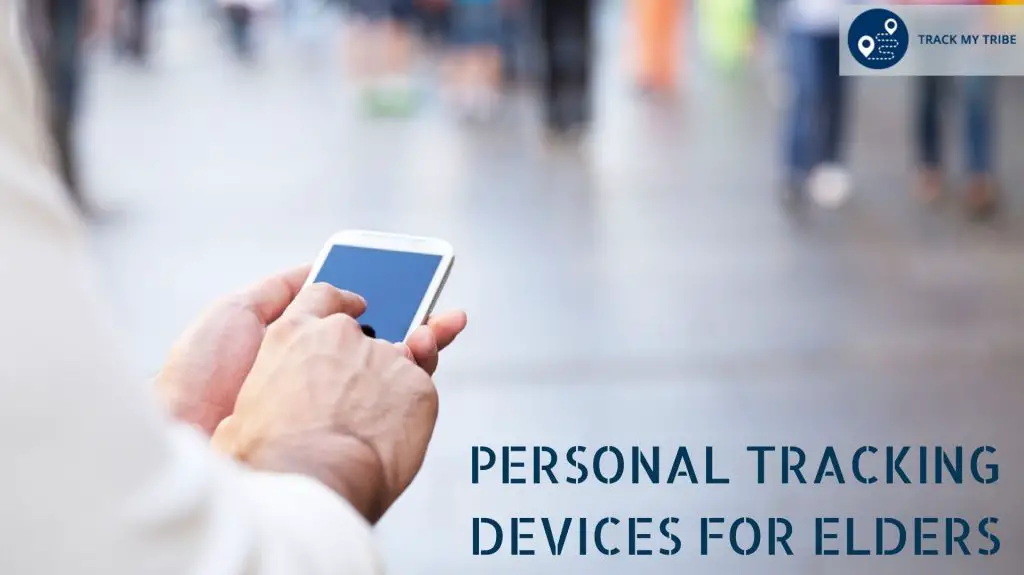
Apps like Life360 and iTraq provide real-time updates, geofencing features, and historical movement data, making it easy to monitor seniors remotely.
5. Integration with Smart Home Systems
Some GPS devices can be connected to smart home systems, allowing caregivers to receive alerts when a senior leaves the house or doesn’t return within a specific time. This integration improves overall safety and response time in emergencies.
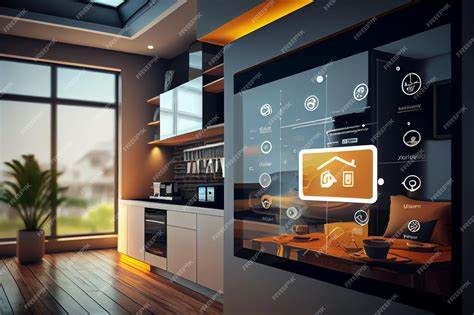
GPS tracking technology is a valuable tool for families looking to ensure their elderly loved ones remain safe while preserving their freedom. As these devices continue to improve, they will play an even greater role in senior care and support.